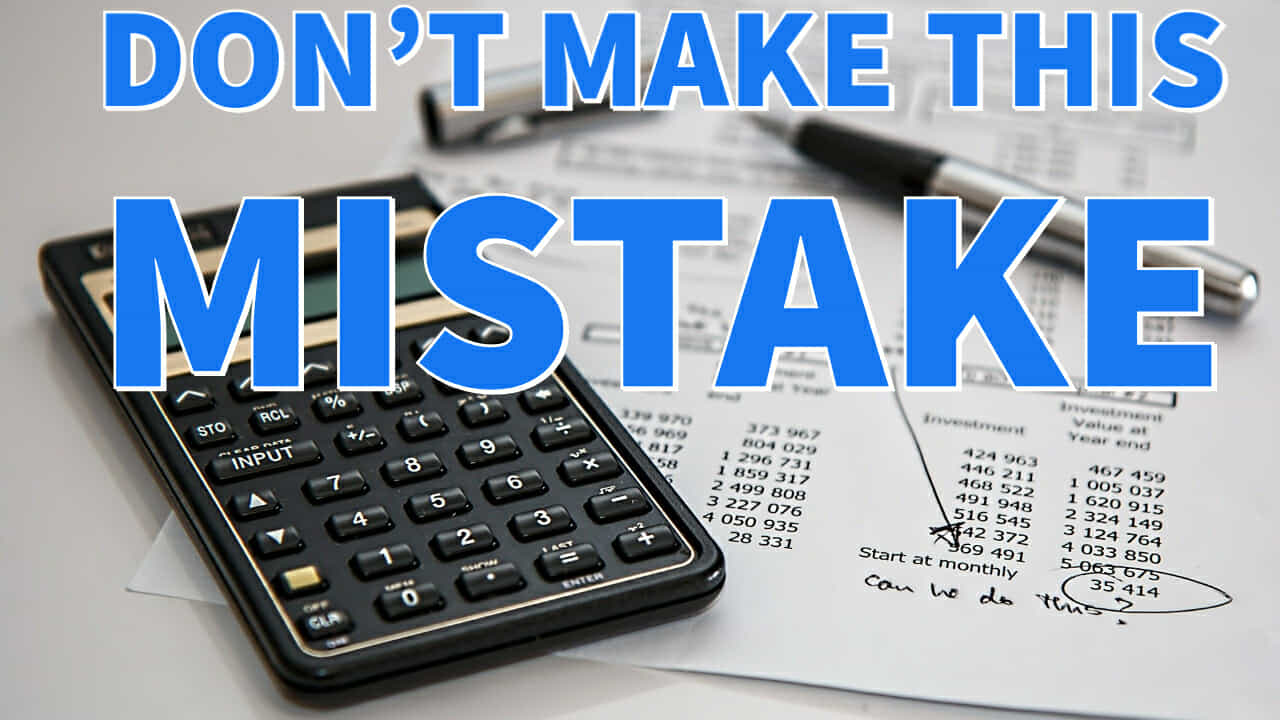
(4-minute read)
It is important for you to fully understand the potential income-tax implications attached to the asset, not only for any returns generated by the asset during the lifetime it is held by the owner but also upon its ultimate disposal.
With shares, the most common return to the investor is dividend payments, and not many would suggest that the amounts received were not income.
But the same cannot be said when it comes to profits arising from the sale of shares. Unfortunately, many believe that as NZ does not have a comprehensive capital gains tax, profits arising from the sale of shares are tax-free particularly where the investor is an individual and is not holding a share portfolio as part of current business activity.
My goal in preparing this article is to provide you with some insight as to how Inland Revenue (IRD) is likely to view profits and losses arising from the sale of shares.
But first a couple of boundary pegs. I am referring to individual investors, not companies or trusts (although most of the principles are identical for these ownership vehicles).
I am also referring to shares in NZ owned companies as shares in foreign companies have a different set of rules. When assessing whether a gain arising from the sale of shares is taxable, IRD has three weapons, listed below and referenced to the Income Tax Act 2007
- You acquired a share with the purpose of selling it (section CB 4)
- Your level of share-trading activity suggests you are carrying on a business of dealing in shares (section CB 5)
- You derived the gain on the disposal of the share from carrying on or carrying out an undertaking or scheme entered into or devised to make a profit (section CB 3).
As a final boundary peg, I am only going to focus on the first weapon as arguably with 2 and 3, most prudent investors would realise that any returns from those types of investment are taxable, and have factored this into their buying/selling decisions.
It is the greyness that surrounds this first weapon that suggests it is the most difficult for the IRD to apply, simply because the tax provision is focussed on what was the taxpayer’s subjective reason for buying the relevant share at the date of the transaction.
I relay this suggestion with caution, however, because as per the land tax rules with its intention and/or purpose of sale provision, the onus to prove the subjective intention does not rest with IRD, but with the taxpayer.
So while IRD can accept a shareholder’s position that a certain share was acquired to generate dividend income and perhaps some capital growth, if it can see (even with hindsight), that special circumstances exist for a particular share, which makes it clear that the share was acquired with a purpose of resale, then any profits will be taxable.

When it comes to having a ‘purpose of resale’, the critical date is the date the shares were acquired; legislatively, this is the date the contract of purchase becomes unconditional. Also critical is that it is the shareholder’s subjective mind on this date and no other date.
So applying this principle in practice, when I execute a buy order for a particular parcel of shares, if I’m thinking I’m buying these shares in a pharmaceutical company because the rumour is that it is on the verge of developing a Covid-19 vaccine, and I’ll be selling within nine months to cash in on trebling my investment post-release of the drug, then I have now triggered the taxing provision.
It does not matter what happens next. If the drug fails and I end up holding the shares for five years instead, eventually selling for a modest gain on my original investment, that gain is still taxable.
Equally, however, if I had acquired those same shares just because I had a thing for pharmaceutical companies, investing in the long-term with no definitive plan to sell anytime soon, then the company suddenly releases a wonder drug and consequently the share price skyrockets, and as a nervous investor I cash in on the windfall, then the same taxing provision should not apply to me.
A shareholder can have more than one purpose on the date shares are acquired. In this case, from a taxing perspective, the dominant purpose prevails.
It has been accepted by the courts that the fact the taxpayer did not expect to retain the shares forever and contemplated the possibility of selling them, does not satisfy the purpose of resale provisions.
Be mindful that with most things in life, actions speak louder than words. IRD will always consider the nature of the share, the shareholder’s vocation, the purchase circumstances (including connections with an existing investment), the number of similar transactions, the length of time the shares were held and the circumstances that ultimately led to the sale.
In this regard, it may be the totality of a shareholder’s circumstances which negate the asserted purpose of the share purchase. Finally, when it comes to having any dispute with IRD, remember that its powers of information collection are extremely wide.
Consequently, regarding statements to other parties about purchase intentions, which may have been recorded, it is prudent to assume that those statements will be discovered, especially when taking a position which will be contradicted by statements made at the date of acquisition.
I close this article with the hope that I have opened your eyes to the potential for IRD to claim a piece of your share sale profits, where you may have considered you had no exposure.
Source: Richard Ashby richarda@gilshep.co.nz
Richard Ashby is a chartered accountant and tax specialist partner at Gilligan Sheppard. He has a wealth of experience in taxation having worked for the IRD’s investigations unit early in his career.
What do you think about it? Tag me on your favourite social media (Facebook / Instagram / LinkedIn / Twitter).
P.S. I research and interview economists, NZ investors and profitable companies to find tools & tactics that you can use to achieve financial freedom.
➔ Join my private newsletter to be the first one to learn insider tips! Here are examples of what you’ll get. It’s FREE. You can unsubscribe at any time. I treat your email as my top secret.